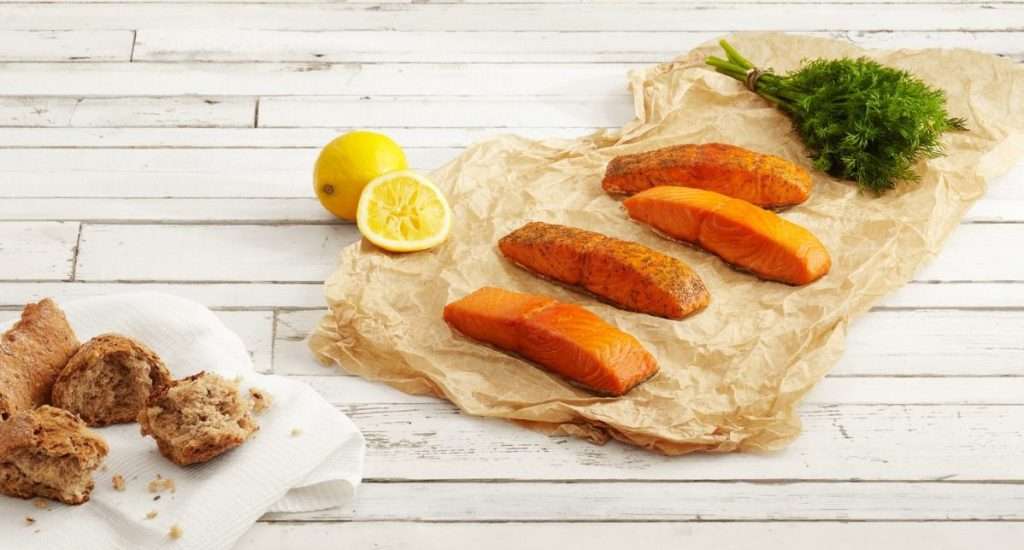Cooking tips. Kitchen tricks. Those little time savers that can help any cook be successful in the kitchen. WTFCF is collecting these little tidbits of information from professional, amateur cooks and our readers. This list will be regularly updated and ever-growing, so drop a bookmark here. And if you have a tip you would like to share email it to donna@WTFCF.com. Can’t wait to see them!
Let’s Get This Pot Boiling!
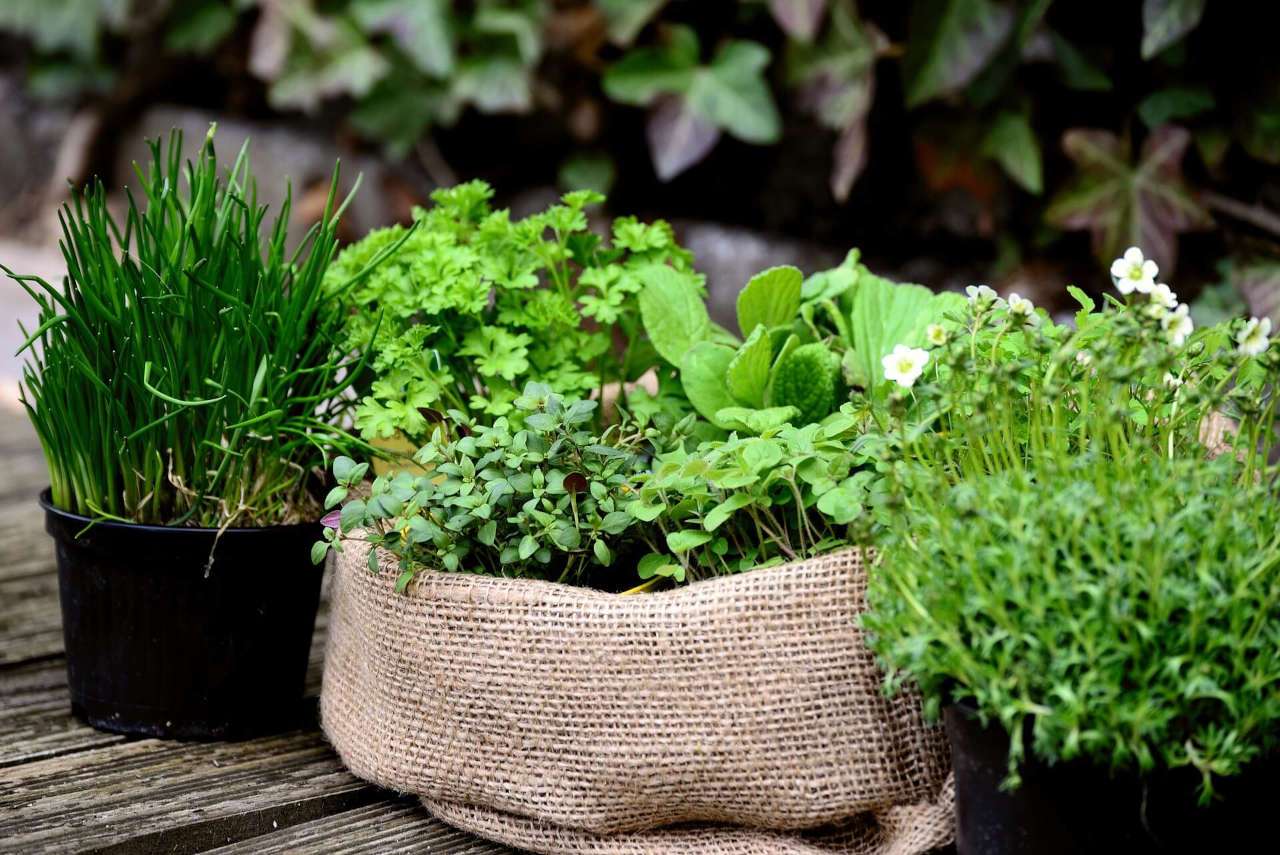
When cooking with fresh herbs, add some half way through the cooking process and the rest when cooking is complete. This enhances the taste and color of your dish. — Jennifer Ciaramello, Esthetician and Owner of Skin Chic Salon

Check to make sure you have all the ingredients the day before and remember to also check your refrigerator. — Jenny Huynh, Beauty Professional
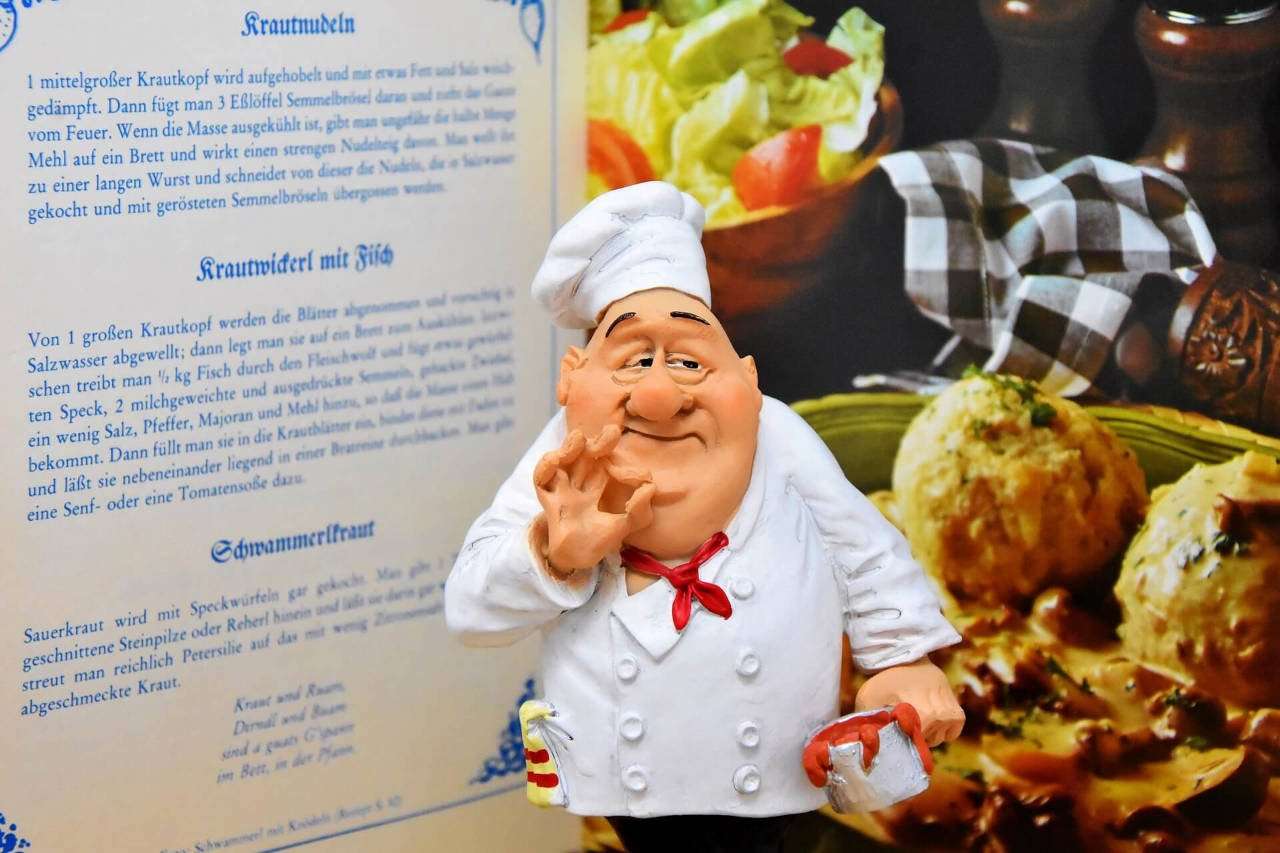
Read instructions all the way through before you start doing anything. — Renee Guilbault, Chef and author of A Taste Of Opportunity
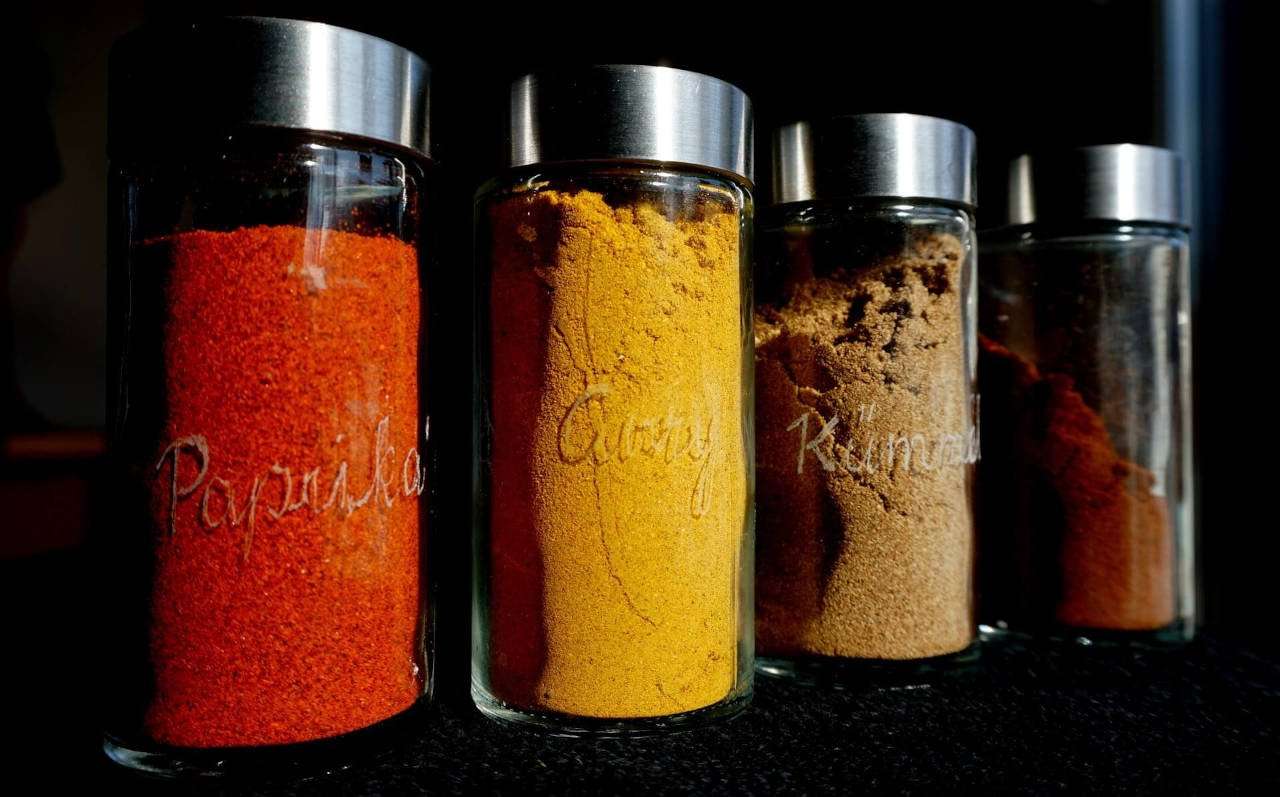
Have all your ingredients out before you start cooking. I keep mine in the order I need to add them to my dish. A real time saver. — Donna Sanders, Food Editor Where The Food Comes From
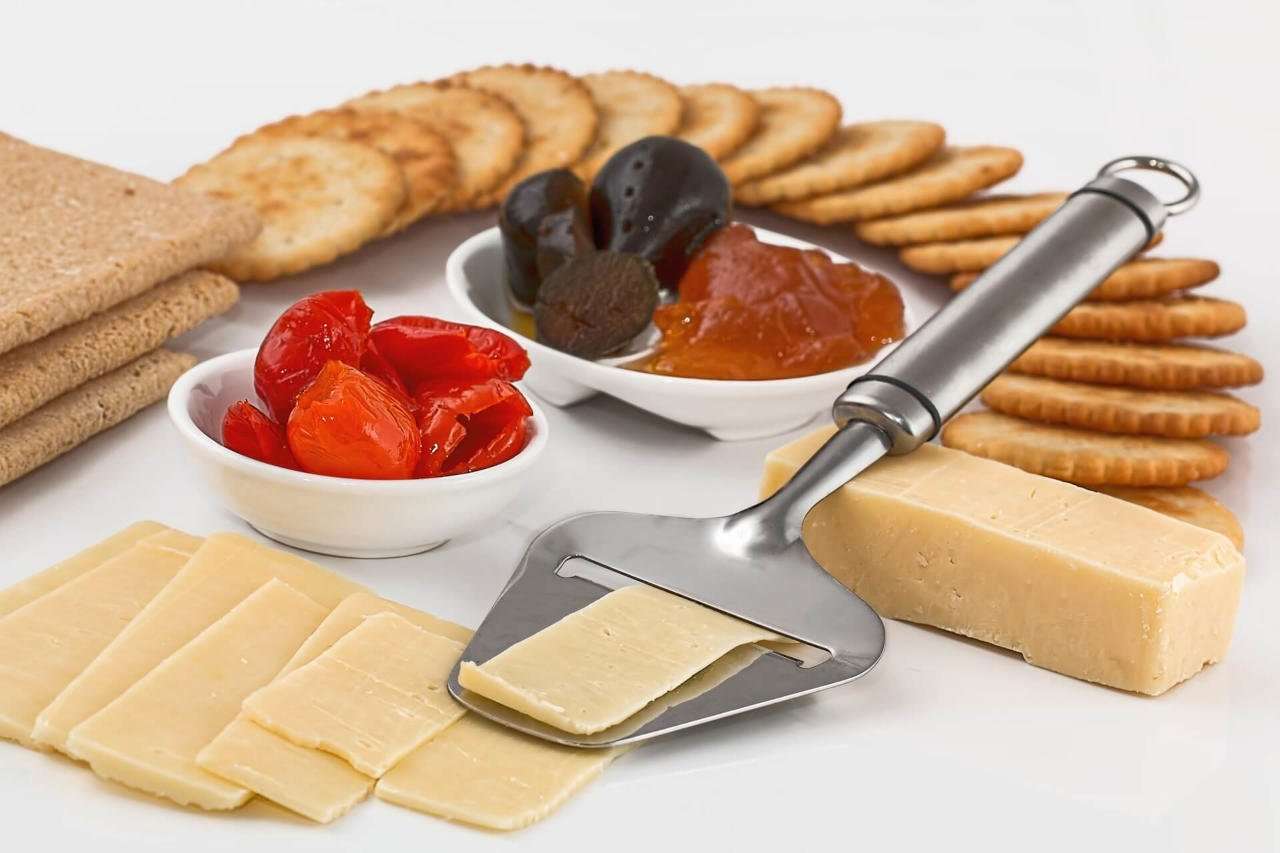
To make life simple rely on prepared foods as much as possible (store bought dips, crackers and cheeses). — America’s Test Kitchen
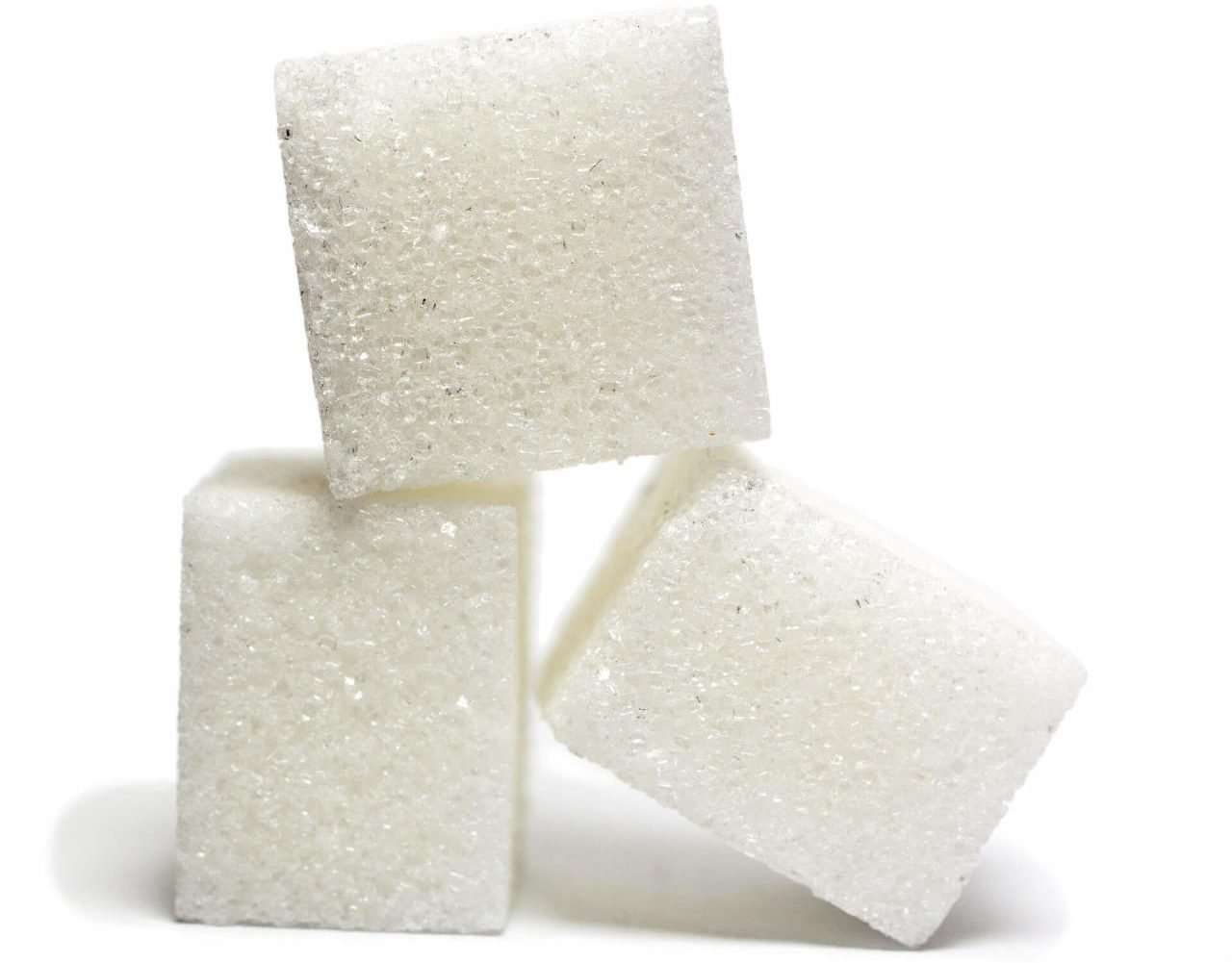
Try a pinch of sugar in the pot when making green lima beans — just a little transforms the dish from something some people avoid to something delish! — Lilybel Hollis Carter, bank teller and Chip Carter’s granny!
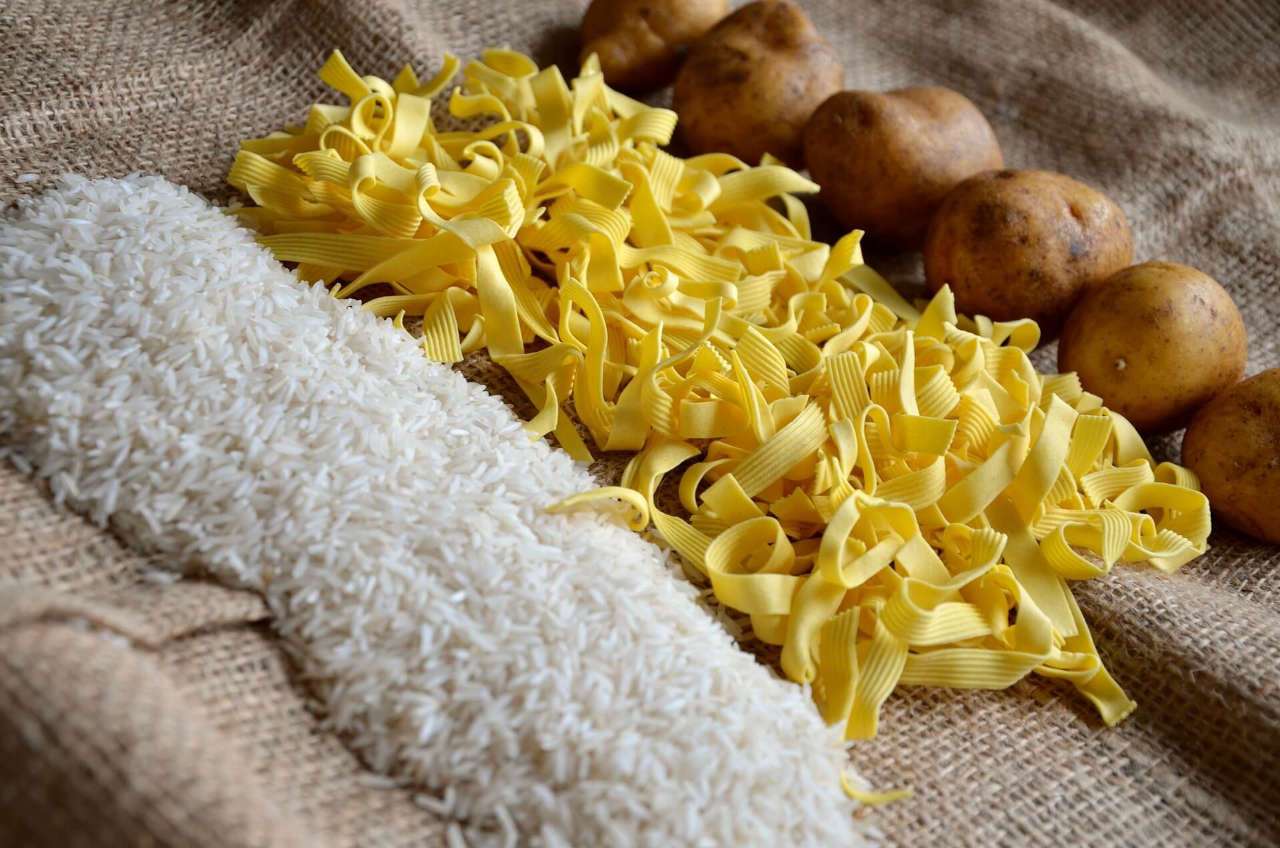
If you prep pasta, potatoes or rice 24 hours ahead of time and chill, you’ll reduce carbs and calories by at least a third — refrigeration creates resistant starch that your body doesn’t process. — Chip Carter, Producer and Host WTFCF
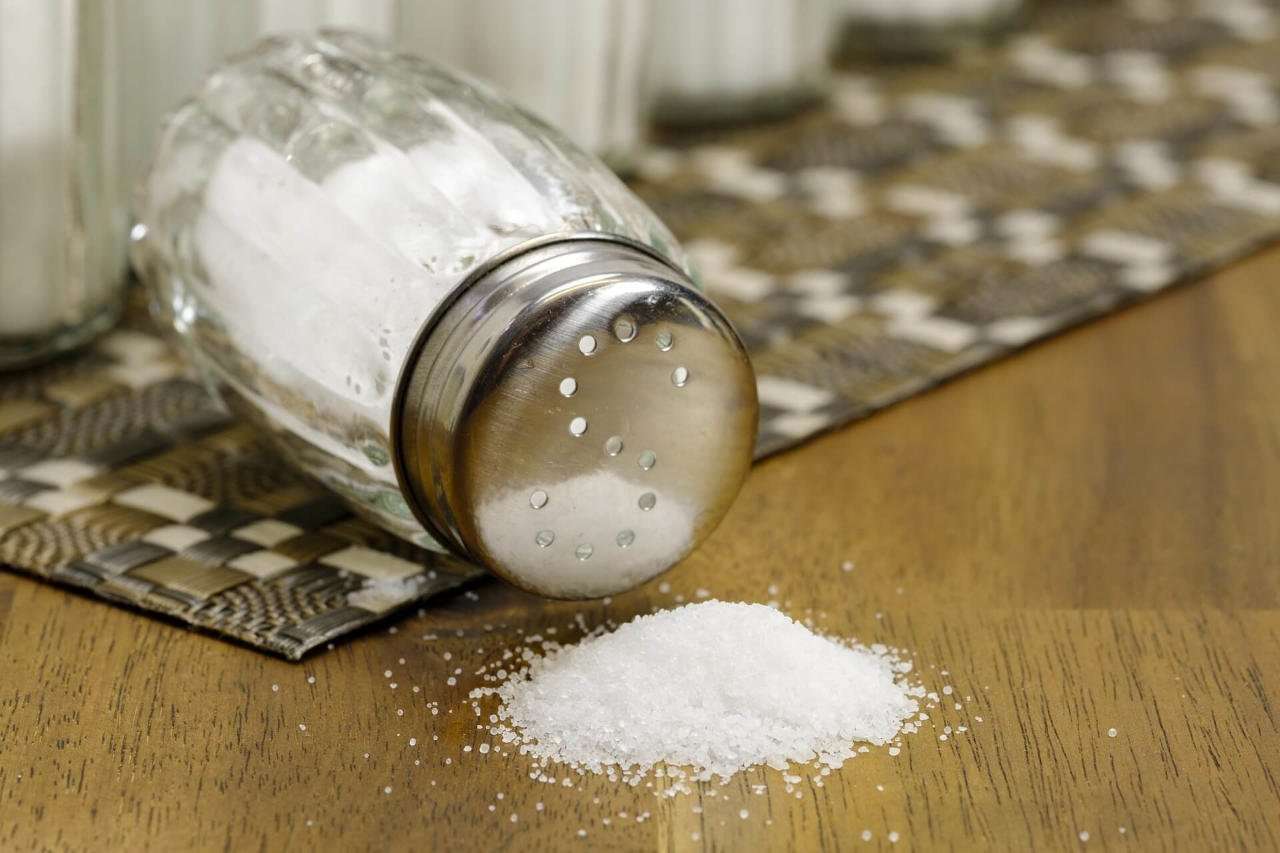
Never add salt when you’re cooking dry beans — they’ll toughen up and possibly even take longer to cook. — Jo Carter Harbin
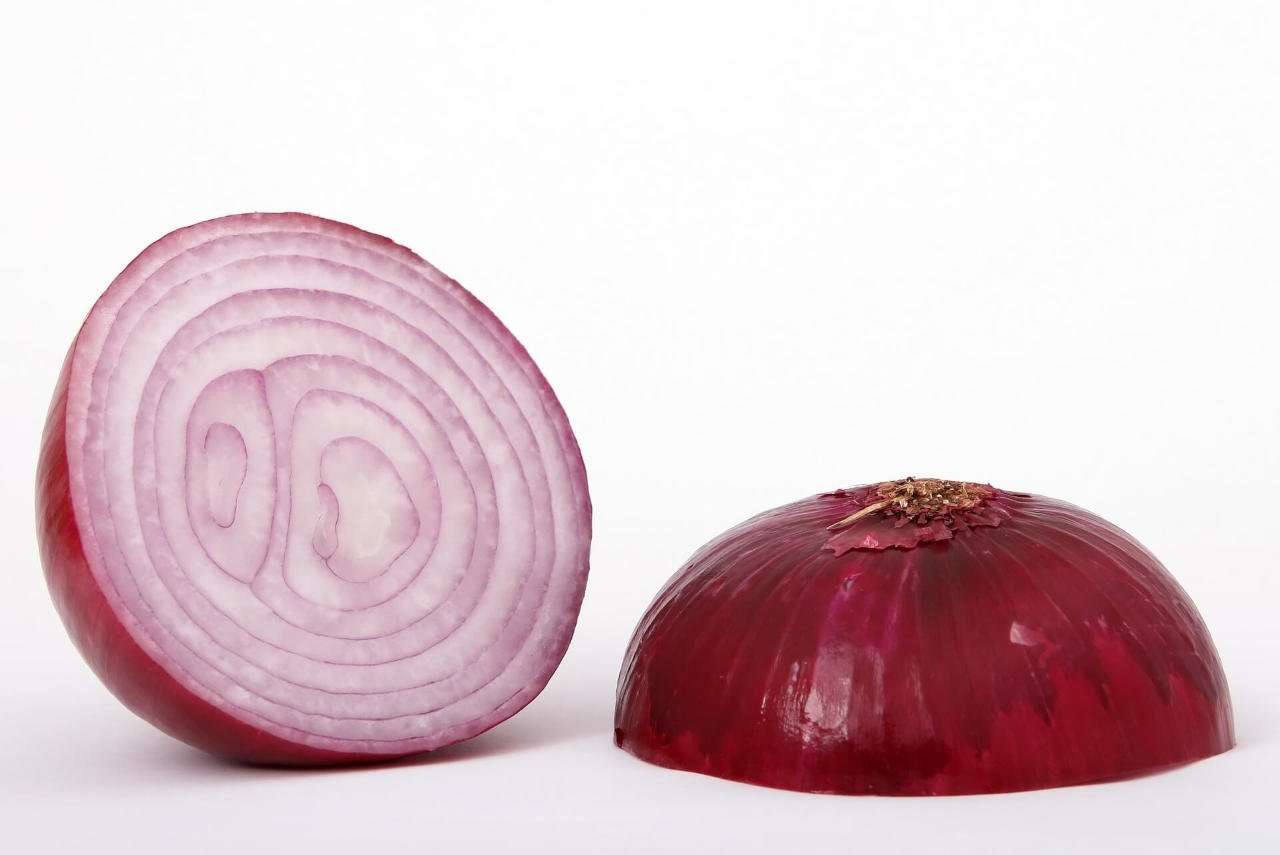
To stuff an onion remove the center with an ice cream scoop. — Holly Chute, Executive Chef for the Georgia Departments of Agriculture and Economic Development
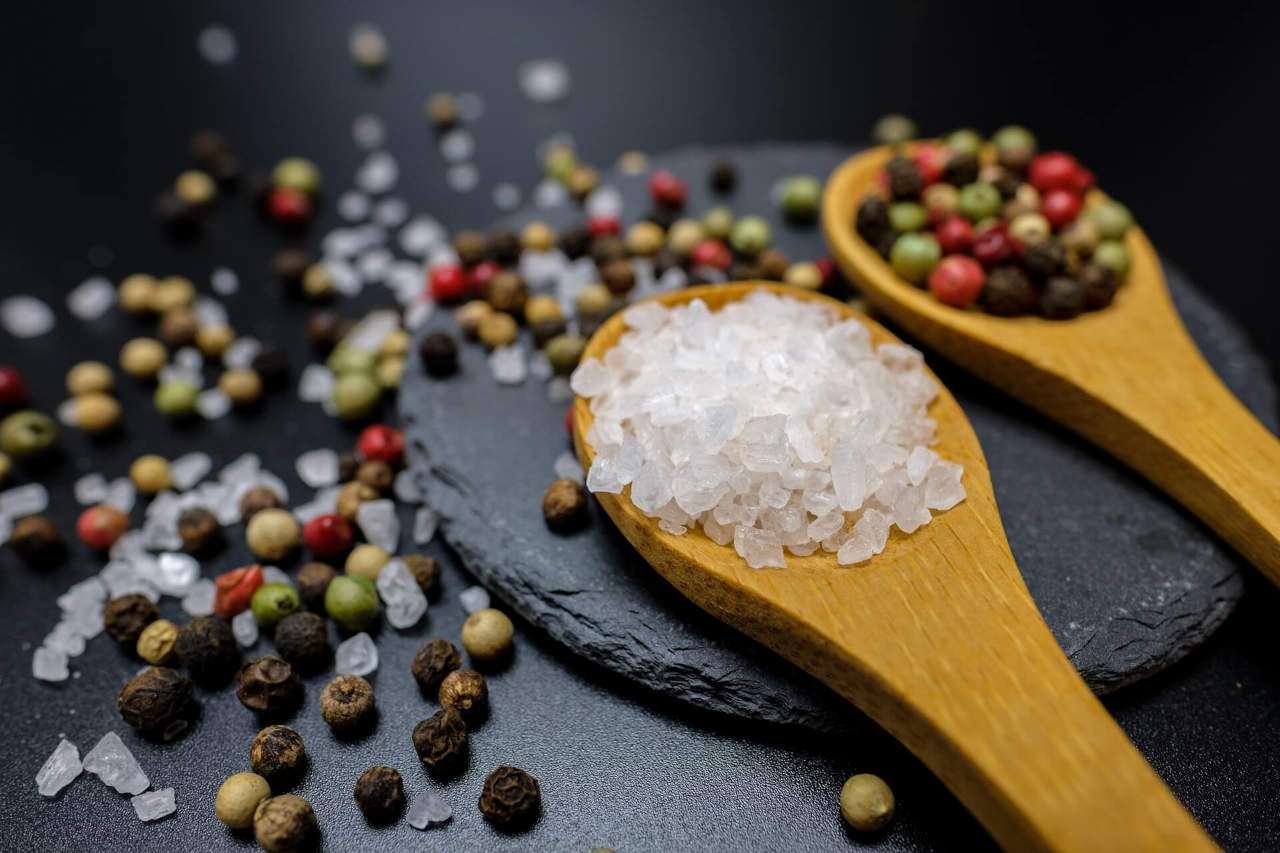
Whether you plan to “season” meat or not before cooking, most cuts can benefit from a sprinkle of salt and maybe a little pepper on each side an hour or two before cooking. In fact, technically, this is what pro chefs mean when they say “seasoning.” This seals in juices and flavor whether you’re grilling, baking, broiling or frying. — WTFCF Staff
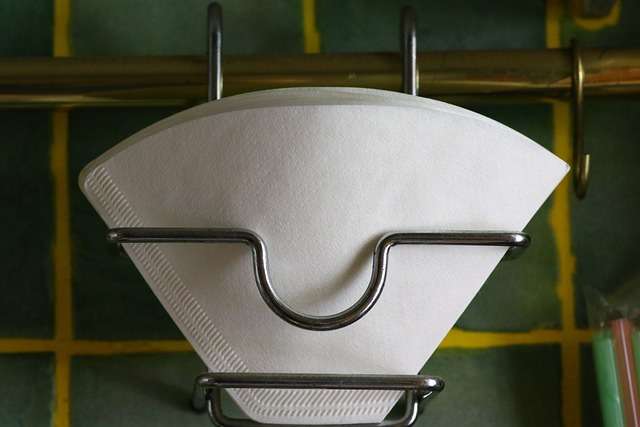
When I prep for a recipe instead of using bowls, that I have to wash, I often use paper coffee filters. They are great for dry spices, chopped herbs, nuts, and dehydrated sundried tomatoes. If you buy them at the dollar store it’s economical too! – Donna Meyer

To ensure that you have equal amounts of batter in each pan when making a layered cake, use a kitchen scale to measure the weight. – JP Miller
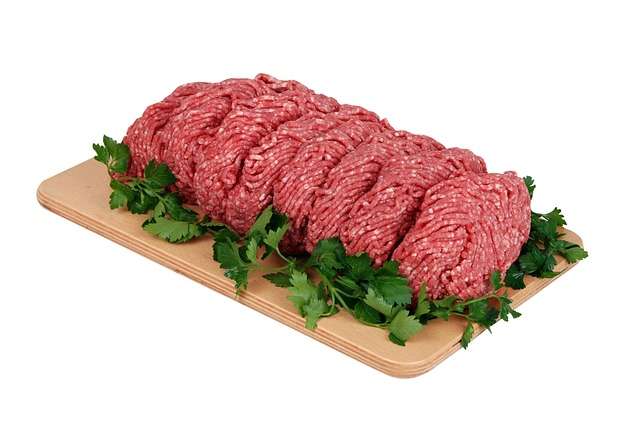
Cook Ground Beef to 160°F as measured by a meat thermometer. — Beef. It’s What For Dinner
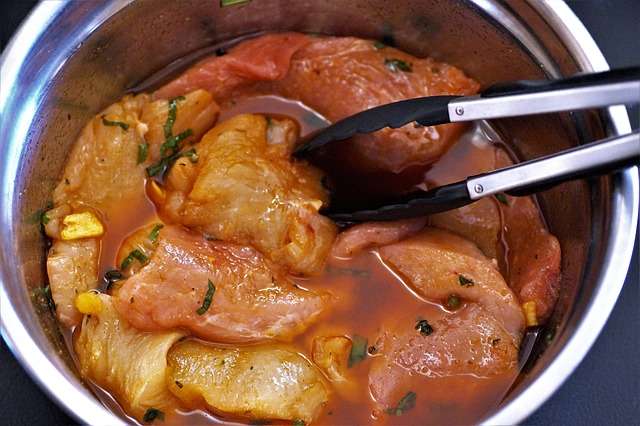
Do not reuse marinades used on raw foods. – Beef. It’s Whats For Dinner
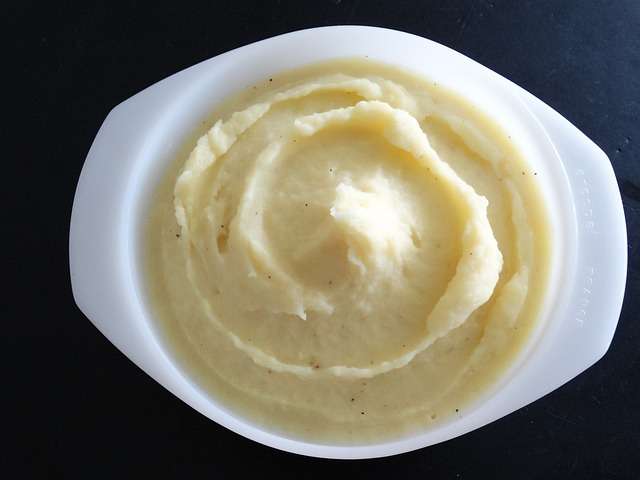
Take leftover mash potatoes, place directly on a baking sheet lined with aluminum foil, wrap it tightly to seal, and put it in the frig. When ready to use preheat oven to 350 degrees and bake for 30 minutes. — Renee Guilbault, Chef and author of A Taste Of Opportunity

To prevent cross contamination wash all cutting boards, utensils, and dishes after touching raw meat. – Beef. It’s Whats For Dinner
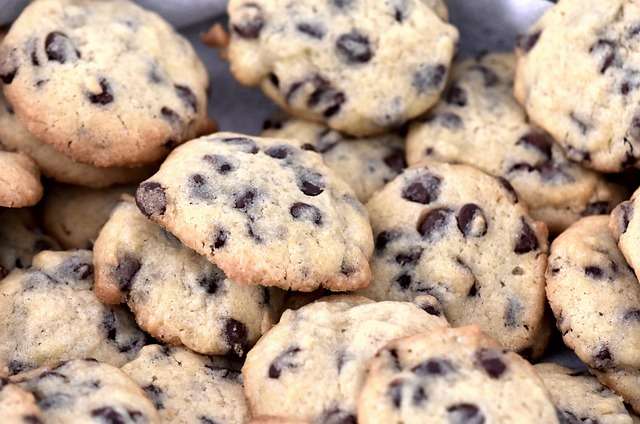
Before baking cookies roll dough into balls and place on a cookie sheet. Put the entire tray into the freezer for 20 minutes before baking. This will prevent some of the spread. – Maria Kwak
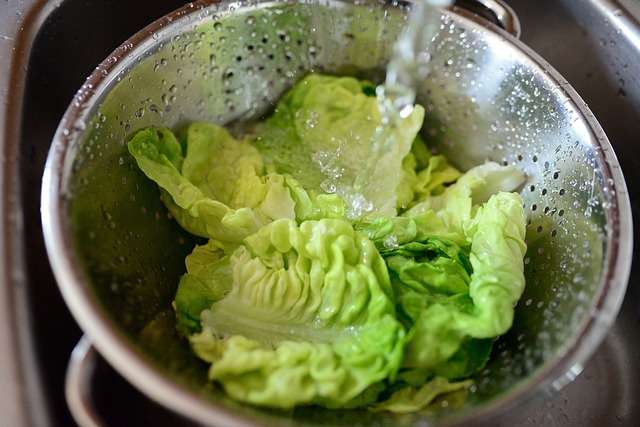
After washing and drying salad greens, loosely roll the leaves inside paper towels and store in a zipper-lock bag, leaving the bag slightly open. – America’s Test Kitchen – The Complete Small Plates Cookbook
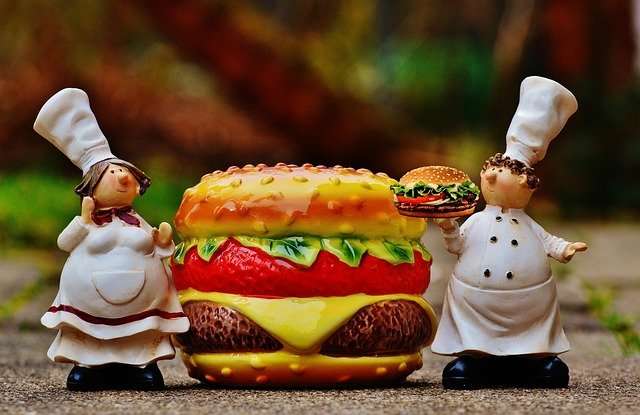
When making hamburgers, handle the meat as little as possible. Shape very gently into loose patties. Do not EVER smash the burger down. Flip only once if possible for tender perfection. — WTFCF Staff
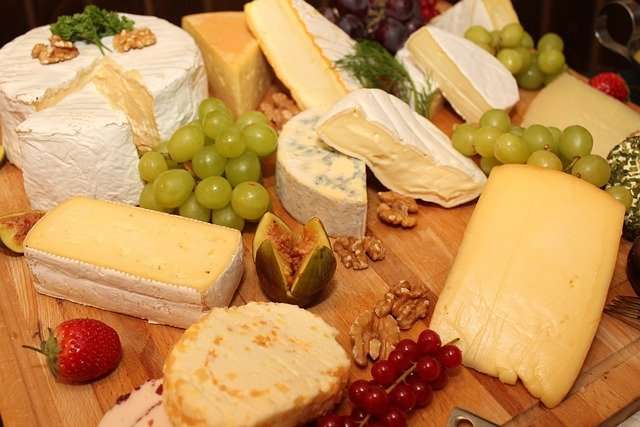
To get the full flavor of cheese let the cheese sit out on the counter for at least one hour. — Renee Guilbault, Chef and author of A Taste Of Opportunity
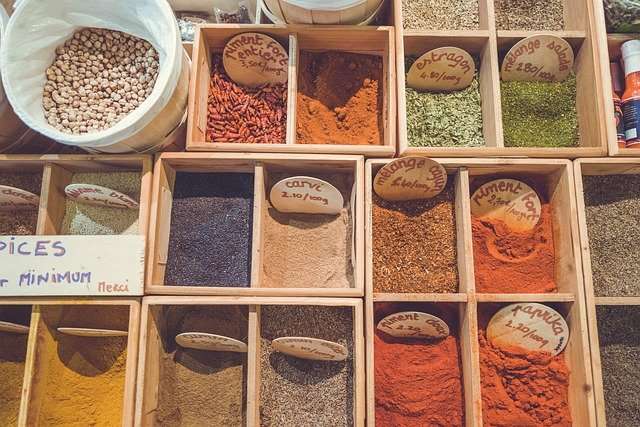
Don’t worry if you’re missing a spice or two—you can still make a delicious meal with the ingredients you have on hand. If you’re feeling adventurous, you can even experiment by adding an unexpected flavor to your dish. — Lauren Sawant, Freelance Writer and Editor Specializing in cookbooks, recipes, and food writing
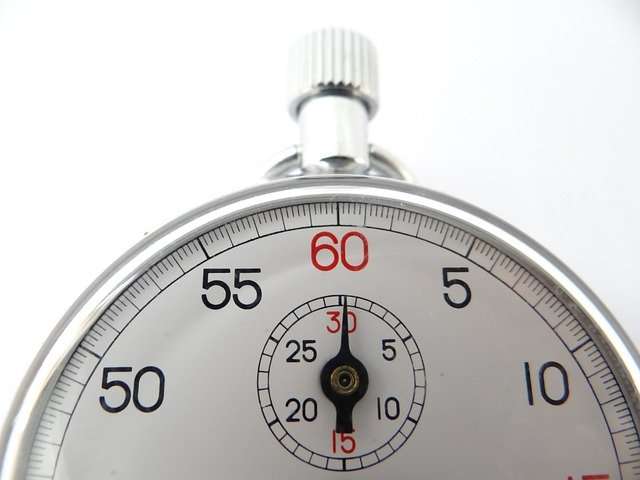
We have all heard of the 3-second rule, but this a myth. No matter how fast you pick up food off the floor dangerous bacteria can still contaminate the food. — University of Georgia Center for Food Safety

Wash hands with soap and water before cooking and always after touching raw meat. — Beef. It’s What For Dinner
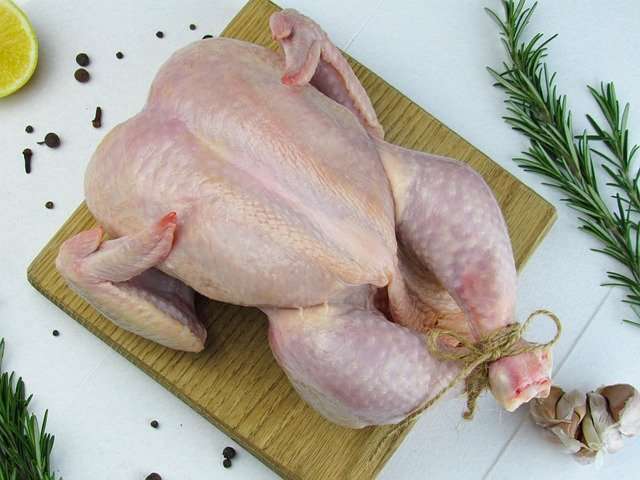
Never wash poultry. Airborne germs can splash onto others surfaces and foods in the area. We can sanitize our counters afterwards. — University of Georgia Center for Food Safety
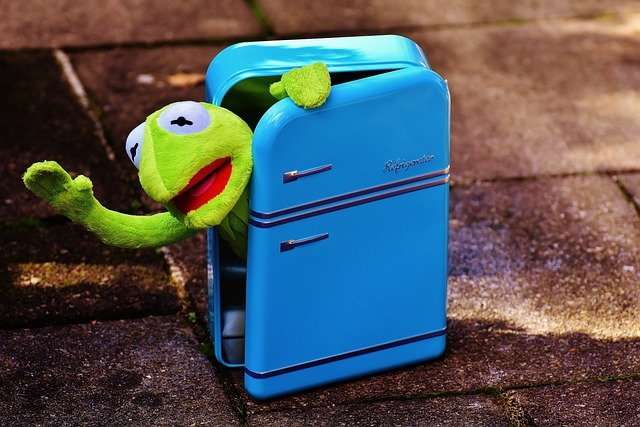
Refrigerate leftovers promptly. — Beef. It’s What For Dinner
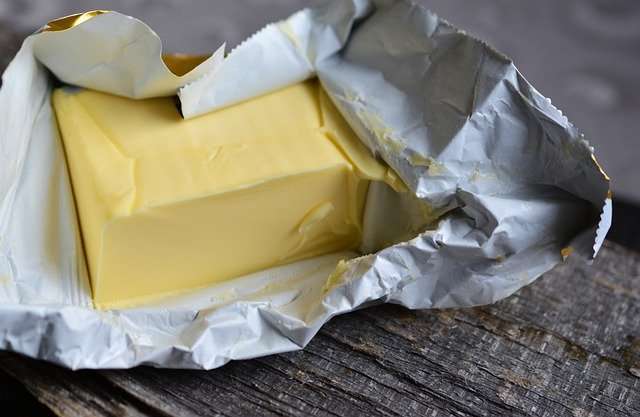
When serving butter make sure it’s room temperature for the optimal taste experience. — Renee Guilbault, Chef and Author A Taste of Opportunity
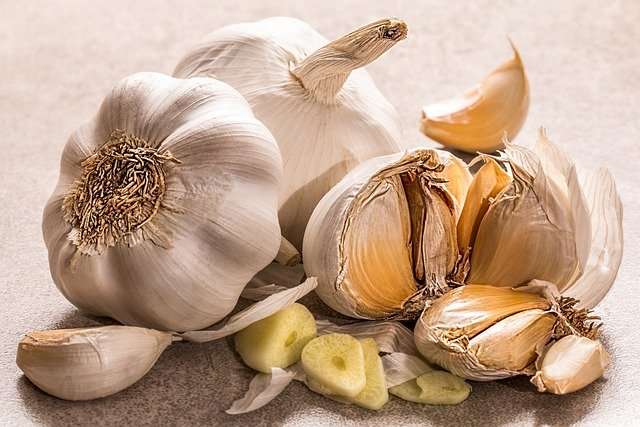
Use a garlic roller to easily remove skin and outer shell of a garlic clove. — Donna Sanders, Food Editor Where The Food Comes From
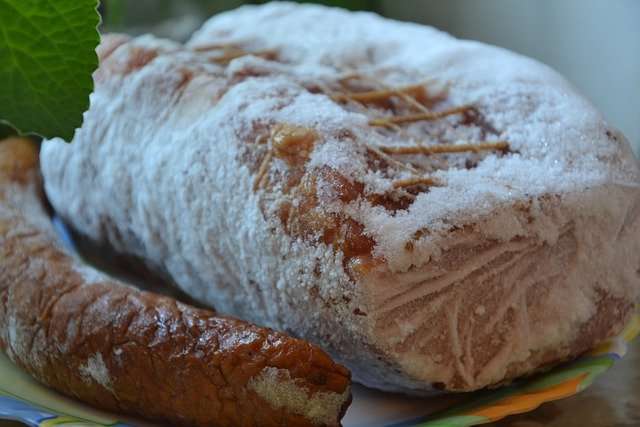
Defrost food and poultry in the refrigerator. If unable to and you leave it on the counter or outside, check it with a food thermometer and make sure the temperature does not exceed 40 degrees. This is considered the danger zone for bacteria growth. — University of Georgia Center for Food Safety

Pull out your cooking tools and figure out which pans and baking dishes are needed, which (sometimes) reduces the amount of cleanup at the end! — Marion Kirkpatrick, Journalist and Professional Home Cook

Don’t be afraid of making mistakes. If you’re cooking a meal with love, you can’t go wrong. — Lauren Sawant, Freelance Writer and Editor Specializing in cookbooks, recipes, and food writing
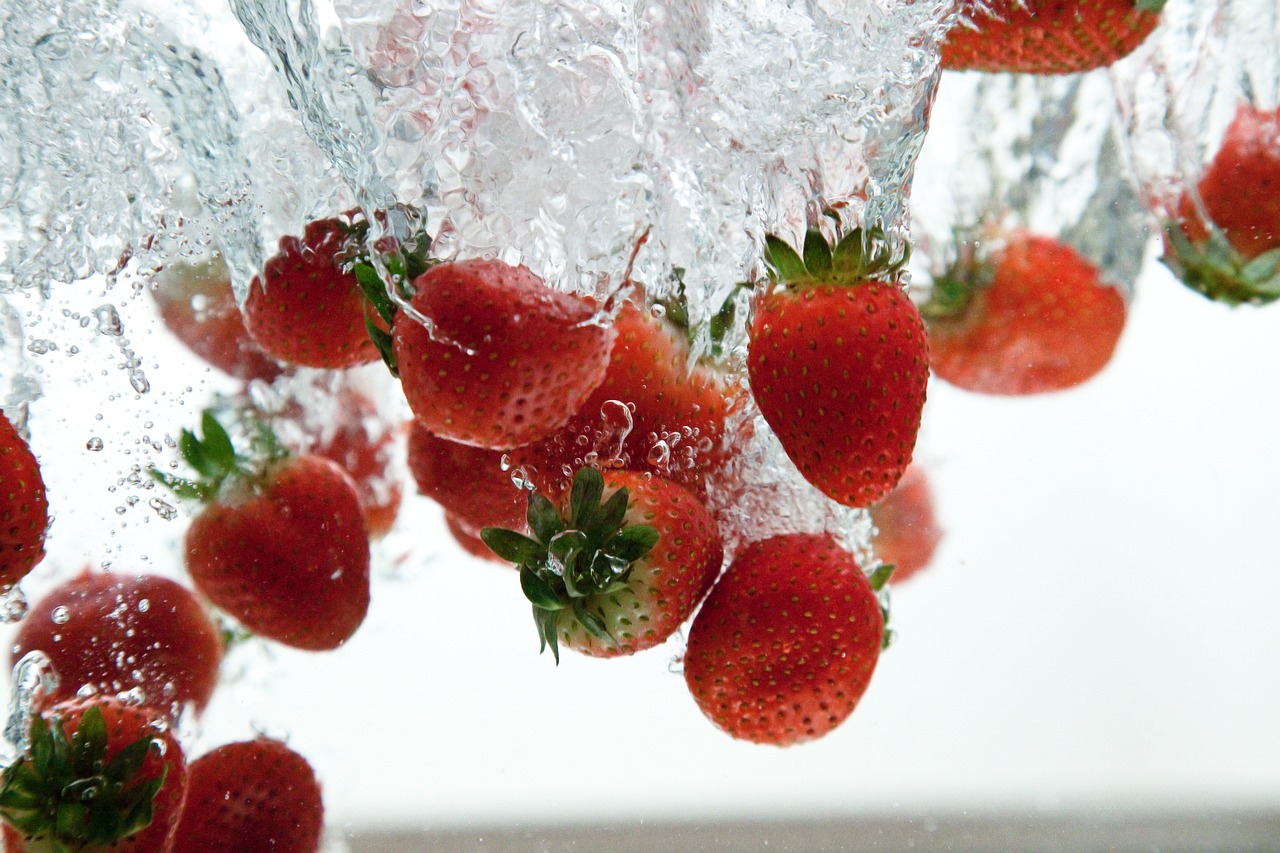
To wash fruits and vegetables place them in a bowl of cold water and swish around a few times. This ensures all surfaces are adequately washed. — University of Georgia Center for Food Safety
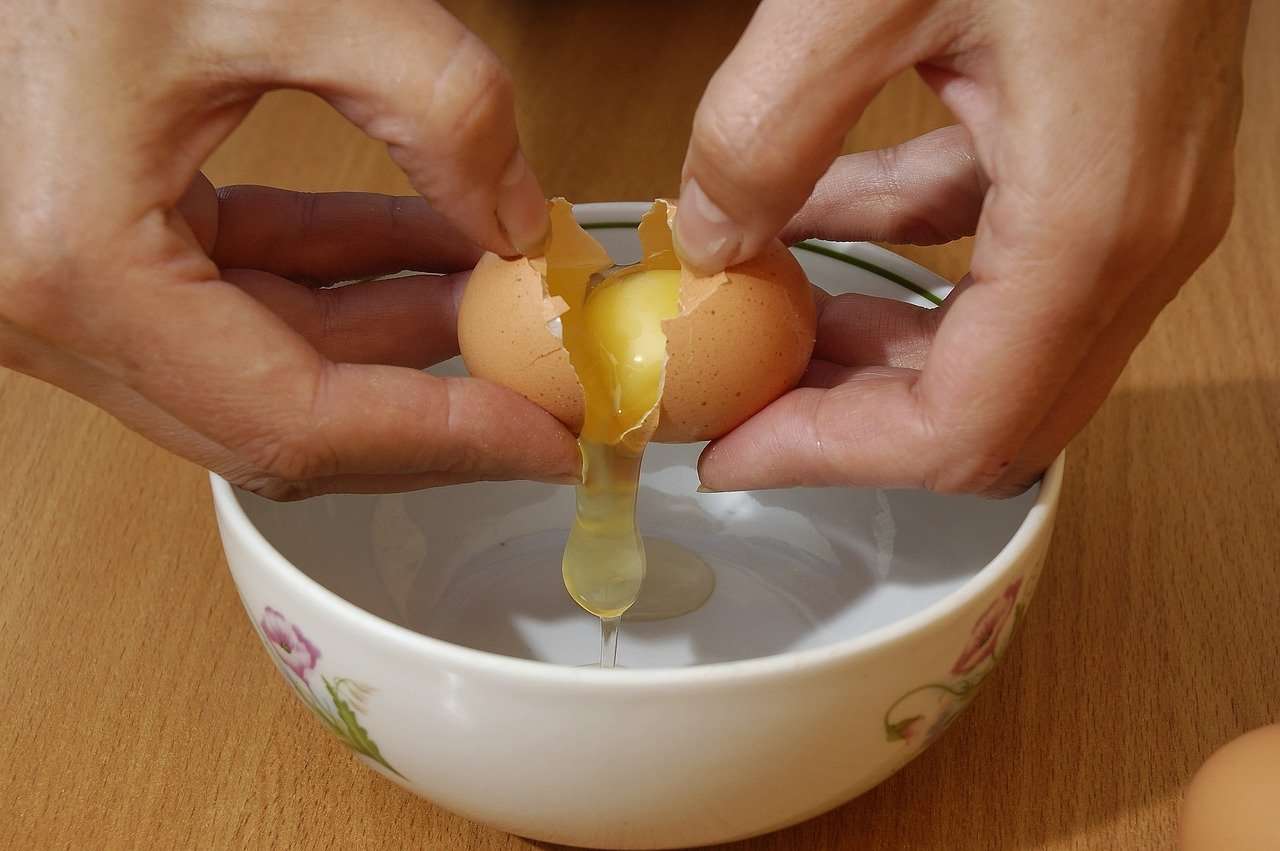
When cracking an egg and a piece of the shell falls into the bowl get it out with the larger cracked shell. — Maria Kwak


